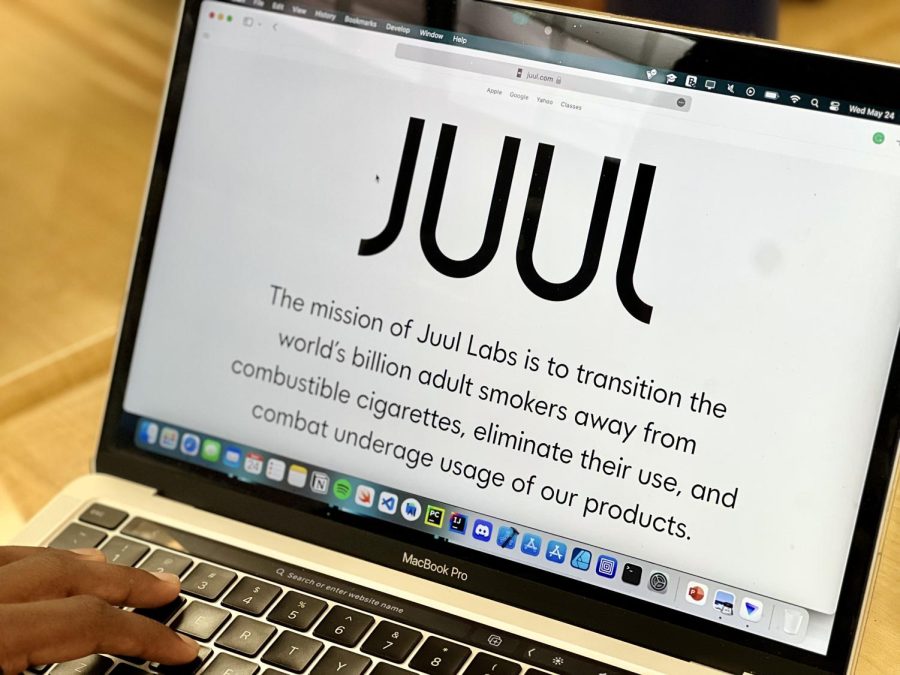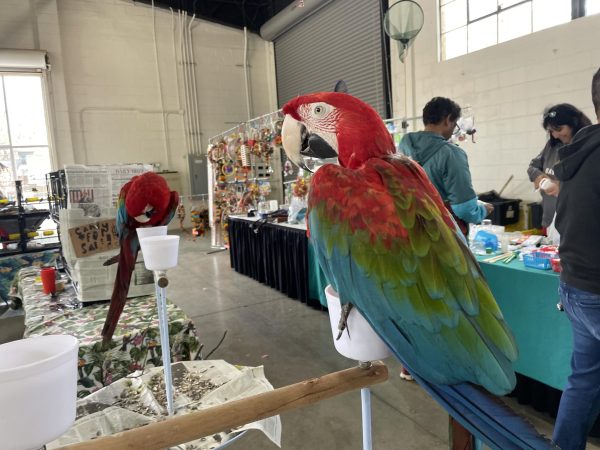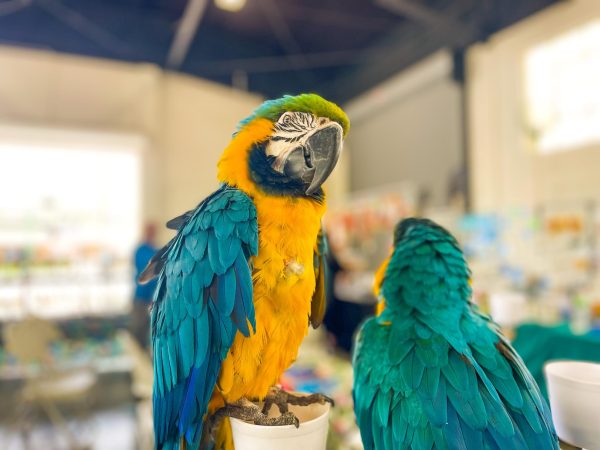Australia to ban vaping: How feasible would such measures be for our local community?
JUUL, a popular e-cigarette brand, rose to prominence in recent years and became synonymous with the youth vaping epidemic, ultimately facing scrutiny for its role in fueling nicotine addiction among teenagers.
Already having one of the highest cigarette prices in the world, Australia is expected to enact a full ban on the recreational use of vaping devices. These initiatives aim to make the product solely for those quitting smoking with a prescription.
“I believe that more research is needed to fully understand the long-term effects of vaping and its potential risks and that banning it for recreational use is a good decision until further research and knowledge is gained,” said Australian doctor Sushma Bayya.
Australian Health Minister Mark Butler has stated that there are no plans to ban smoking, but has urged global partners to address the normalization of vaping before it becomes widespread.
“Although this may seem as an infringement to rights, the government still has a responsibility to protect individuals, mainly young people who do not have enough awareness to protect themselves from these harmful substances,” said Bayya.
The government already mandates plain packaging on cigarette products in Australia, which clearly shows disturbing images of the health risks on the box. There is a plan to restrict the availability of vapes to pharmacies, packaging them in a manner similar to pharmaceutical products.
“I appreciate Australia’s efforts in stepping up to protect kids most vulnerable to [vaping devices]. Although I usually scoff at a government placing restrictions on their people in a democratic society, I think this bill is wholly justified,” said Shaurya Shrivastava (‘25).
Nationally, several US states including California announced a $462 million dollar settlement with Juul, the largest e-cigarette brand, due to them failing to warn young users about the high-levels of nicotine and risks.
“It’s a good decision from a health perspective, but I also think it is a slippery slope of control. In this country, cigarettes and alcohol are legal. It doesn’t mean either of them are healthy but it’s up to people to make their own choices,” said AV Health teacher Jaimi Turner.
Despite it being illegal for 21 and younger in the US, vaping is still a major problem among young children. The CDC claims that 14.1% of high schoolers have reported using it. The US is working on educating and conveying the risks of e-cigarettes through various advertisement campaigns cracking down on the flavors and packaging of these products.
“Opponents of the ban suggest that it may lead to unintended consequences. Some argue that the ban could drive vapers back to smoking traditional cigarettes, which are considered more harmful,” said Bayya.
Your donation will support the student journalists in the AVJournalism program. Your contribution will allow us to purchase equipment and cover our annual website hosting costs.











